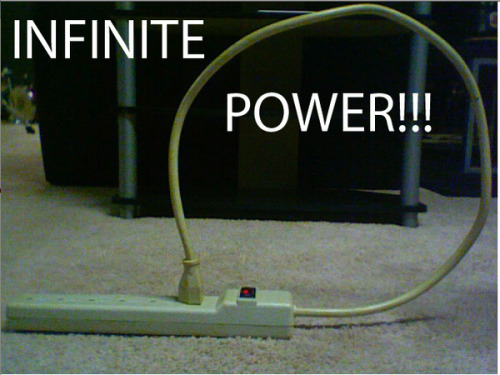According to estimates, roughly one-third of a billion Indian citizens were left without power Wednesday after workers successfully repaired the nation's electrical grid and brought all of its systems back online. "Since restoring our infrastructure to 100 percent capacity following Monday and Tuesday's blackouts, vast swaths of India are now completely without access to electricity," said the country's power minister, Veerappa Moily, who confirmed that three out of every four residents lacked access to such basic amenities as lighting, food refrigeration, and the use of simple appliances now that the country's grid had fully recovered. "We are currently not monitoring the situation, as everything appears to be functioning normally again in India." Government officials also stated that the widespread power outage had in no way compromised their ability to provide adequate sanitation to 31 percent of India's citizens.Because, 300 million Indians without electricity is "normal." And, a sizable population lacking sanitation facilities is also "normal."
Neither sanitation nor the shortage of electricity in India (and in other countries too) is a new topic in this blog. It is atrocious that governments in India and elsewhere do not give these issues the highest priority and, instead, divert precious resources to weapons, corruption, and populist schemes.
Indians are past the critical fork in the road where they ought to have asked themselves an important question: To be poor without electricity, or not to be poor but in a slightly polluted world? Idealists have, for all the correct reasons, been waging protests against projects to generate electricity from nuclear power, or from coal. Against the backdrop of corruption and theft and dysfunctional governments, these protests have merely added to the problem without being any part of any solution at all. But then, these are questions that Indians have to sort out by themselves.
In trying to figure out how to make the best use of the crisis, India has to keep in mind three very, very inconvenient truths:
- Even "normally" hundreds of millions do not have access to electricity
- High Prices & High Subsidies = Bad Mix
- Coal High = Emissions Higher

1 comment:
Now, where did you get that photo :)
Post a Comment